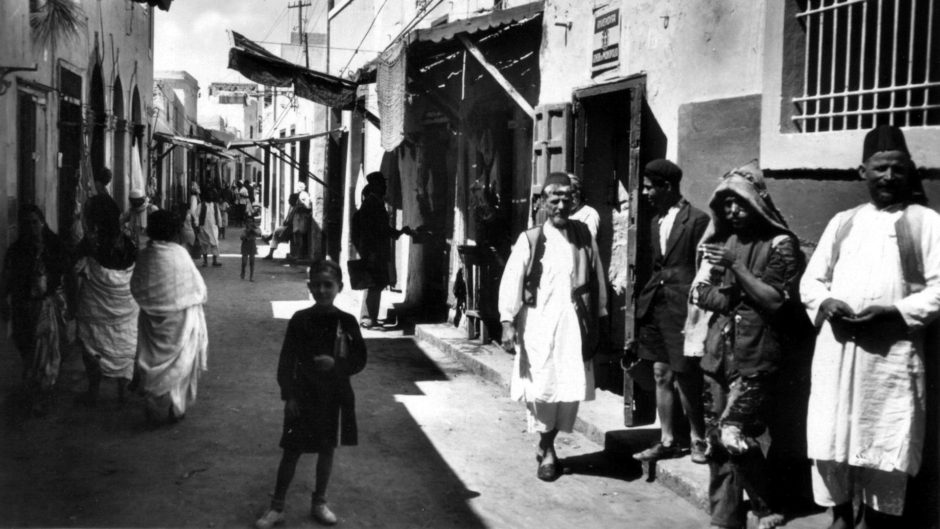The forthcoming Toronto Jewish Film Festival is presenting two documentaries about former Jewish communities in the Arab world. Remember Baghdad and Libya: The Last Exodus will be respectively screened on May 9 and 11 and on May 7, 8 and 9.
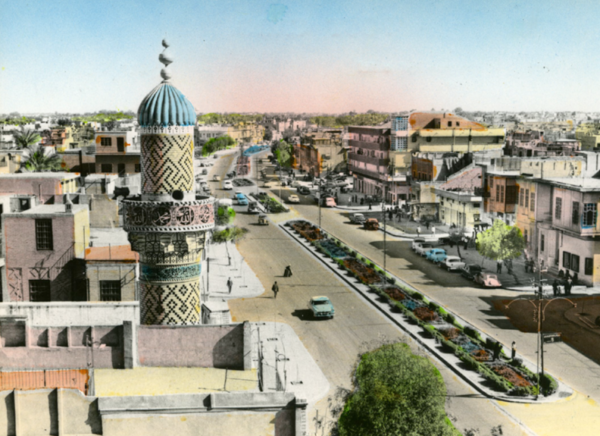
Iraq, a nation torn by strife and violence, once had one of the most distinguished Jewish communities in the Arab world. Baghdad, with upwards of 120,000 Jews, was at the center of it all. But today, in the aftermath of a succession of regional wars, local coups and foreign invasions, there are probably not enough Jews in Baghdad to form a minyan.

Scalded by constant instability and periodic outbreaks of antisemitism, Iraqi Jews immigrated to the four corners of the world, but the vast majority went to Israel following the first Arab-Israeli war. From the 1950s to the 1970s, the majority of the remaining Jews settled in Britain, Iraq’s former colonial master.
The memories they harbor of Iraq form the bedrock of Fiona Murphy’s informative documentary, Remember Baghdad. David Shamash, an Iraqi Jew living in London, probably speaks for many of his fellow Jews when he says, “Iraq is still in our blood, our bones.”
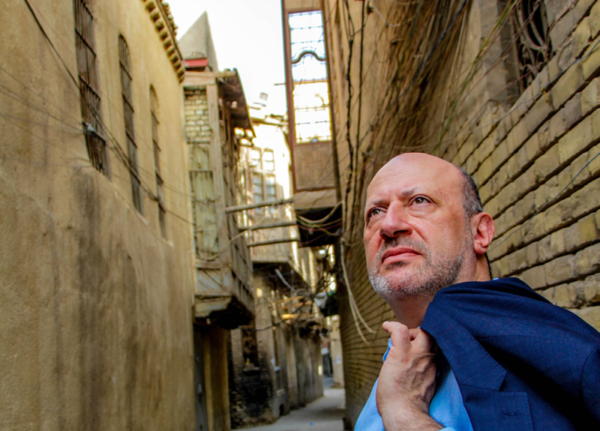
Edwin Shuker, an Iraq expatriate in London, would doubtless agree with him. “We’re part and parcel of Iraq,” says Shuker, who wants to buy a house there so he can connect meaningfully with the country of his birth.
“Life was good for us,” observes David Dangoor, another Iraqi Jew whom Murphy interviewed.
“It was a paradise,” says a woman whose family fled in the 1970s.
Salim Fattal, an Iraqi who lives in Israel, strikes a discordant tone when he states that the British exploited Iraq for its vast oil reserves.
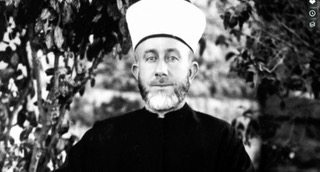
By Murphy’s estimation, the tolerant atmosphere in Iraq toward minorities began to change after Haj Amin al-Husseini, the Grand Mufti of Jerusalem, was driven out of Palestine and set up house in Baghdad. In 1941, he was granted an audience with Adolf Hitler, only months after a pogrom claimed the lives of almost 200 Jews in Baghdad. Murphy suggests there was a causal relationship between the mufti’s views and the pogrom, but she offers no evidence to support this thesis.
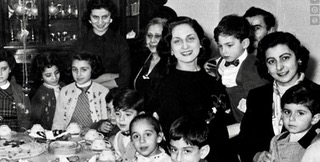
Despite the atrocity, Shamash says, most Iraqi Jews lived a life of privilege, untouched by the Holocaust. In 1947, a young Jewish woman was crowned Miss Iraq. In retrospect, this was merely a blip on the screen, crowded out by subsequent events in the region.
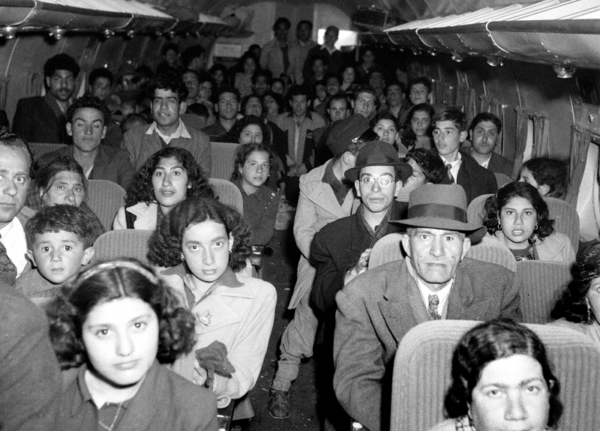
With the outbreak of the Arab-Israeli war in 1948, Jewish civil servants were fired and Jewish merchants were boycotted. Much to their disappointment and humiliation, the Iraqi immigrants who streamed into Israel from 1950 onwards were often treated like Oriental aliens.
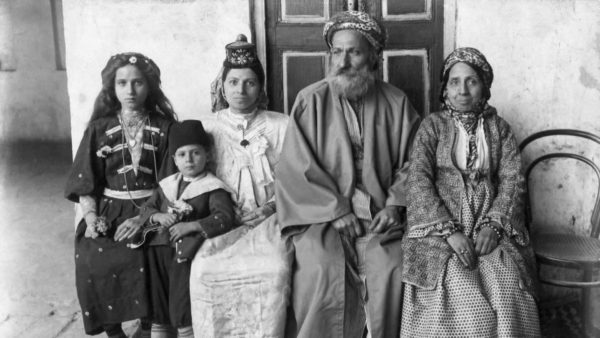
Jews who stayed behind in Iraq fared well in business. Shamash’s father and his Muslim partner owned the Coca Cola franchise in Iraq.
The film returns to Shuker as he pays a visit to his family’s former residence in a Shi’a neighborhood of Baghdad and as he steps inside the city’s only maintained synagogue, which was restored by Saddam Hussein, Iraq’s ruler from 1979 to 2003.
Still more Jews left Iraq after the 1958 coup, which deposed the monarchy of King Faisal II, and after the 1963 coup, which brought the Baath Party to power for the first time.
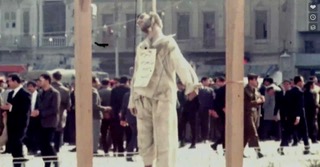
When the 1967 Six Day War broke out, Iraq was home to about 2,000 Jews. They were subjected to restrictions and portrayed as Fifth Columnists. In 1969, several were accused of being Western spies and hanged in a public spectacle in Baghdad. By that juncture, only several hundred Jews still clung to their homes and businesses in Iraq. Today, for all intents and purposes, there is not a single known Jew left in Iraq.
Remember Baghdad winds down as Shuker buys a townhouse in a new development in Erbil, the capital of the Kurdish autonomous region in northern Iraq. He appears to be in a minority of one, since most Iraqi Jews have never gone back for a visit, nor would they purchase property in Iraq. But if Murphy’s assessment is correct, Iraq still inspires nostalgic feelings among Iraqi Jews.
Ruggero Gabai’s and David Meghnagi’s film, Libya: The Last Exodus, tells the same story of a vibrant Jewish community uprooted by the twin forces of Arab nationalism and Muslim antisemitism.
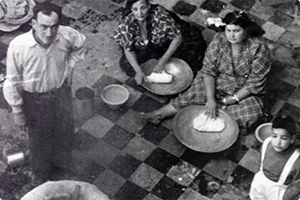
The history of Jews in Libya goes back 2,000 years, but it was only in the third decade of the 20th century that their future took a disastrous turn for the worse. Jews were an integral part of Libyan society. By 1931, they comprised one-third of Tripoli’s population. But in 1938, they were subjected to Italy’s antisemitic race laws. Italy, which colonized Libya in 1911, interned some Jews in labor camps during World War II.
After the war, Jews faced the wrath of Arab nationalists, with a pogrom breaking out in Tripoli in 1945. Anti-Jewish riots erupted following the birth of Israel in 1948, but this time Jews fought back, killing Arab pogromists. As a result of the violence, 90 percent of Libya’s 36,000 Jews fled, mostly to Israel. Libyan Jews who experienced these events recall them vividly.
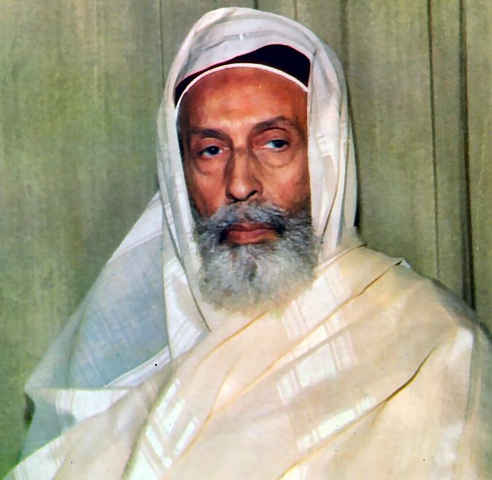
Libya declared its independence in 1951, ushering in the monarchy of King Idriss. During this period, Libya was a prosperous and tolerant multicultural nation of Arab Muslims, Italian Catholics, Jews, Maltese and Greeks. Jews, in particular, were involved in the oil trading business, one of the pillars of Libya’s economy.
The 1967 Six Day War was a turning point for the remaining 4.500 Jews. Israel’s victory precipitated a pogrom in Tripoli, with protesters in the streets shouting, “Kill the Jews, kill the Jews,” one Jewish woman remembers with horror. “Our Arab neighbors wanted us dead,” a man says. But, as two Jews say, they were helped by Arab acquaintances and friends.

Nearly all of the last remaining Jews in Libya went to Italy. “We couldn’t stay anymore,” a man says. “We had no choice.”
The coup that brought Muammar Qaddafi to power in 1969 spelled finis to the Jewish presence in Libya. He seized Jewish and Italian properties and deported Italians, ending a chapter in Libyan history.
